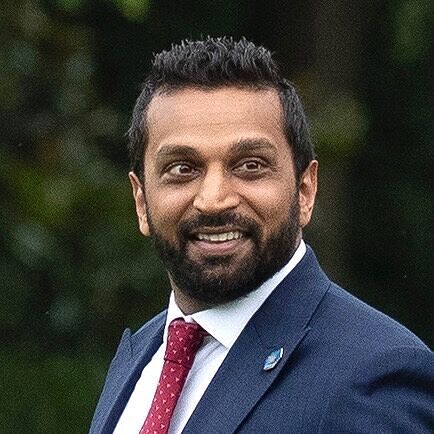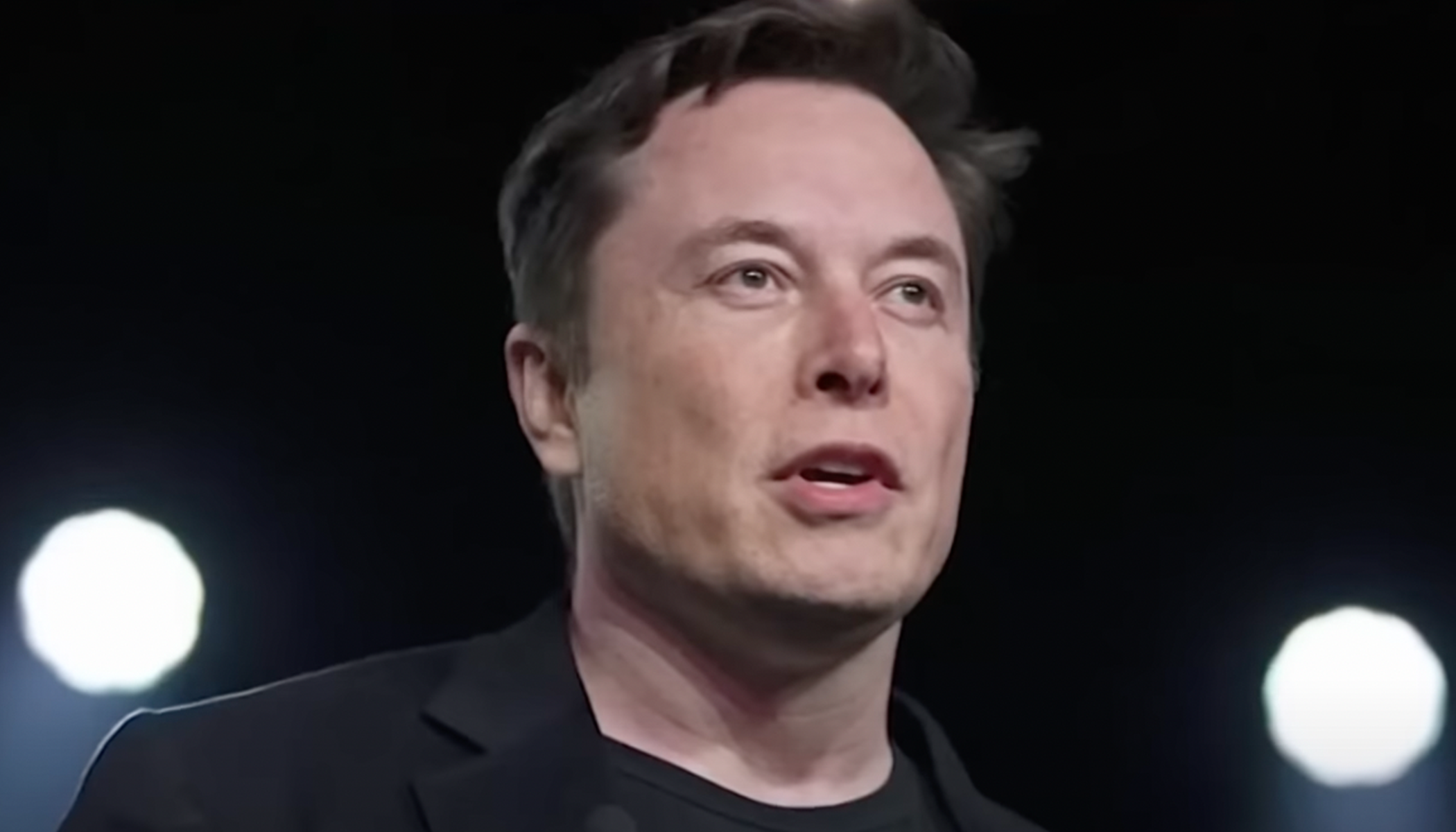Trump's Potential Influence on Luigi Mangione's Case Raises Legal Concerns
Luigi Mangione, 26, faces multiple federal charges, including one that could result in the death penalty, following the fatal shooting of Brian Thompson, CEO of UnitedHealthcare.
As the presidential transition approaches, the impact of President-elect Donald Trump's remarks advocating for the death penalty in high-profile cases like Mangione's has drawn significant attention, as Newsweek reports.
The incident at issue occurred on Dec. 4, outside a New York City hotel where Mangione allegedly shot and killed Thompson.
The motive behind the killing has not been disclosed, and Mangione now faces serious legal consequences both at the federal and state levels. In addition to federal charges, Mangione is also subject to six charges in New York state, with penalties ranging from one year to life imprisonment.
Further complicating his legal troubles are charges in Pennsylvania, including possession of a fraudulent ID and a silenced firearm.
Public Reaction and Legal Complexity
The public reaction to Mangione's case has been polarized, with some condemning the act while others have oddly praised Mangione's appearance, dubbing him a "sex symbol."
Such support has sparked protests against the health care industry, although they do not condone violence.
Federal prosecutors have taken an unusually strong stance in pursuing the case, which has been labeled both "highly unusual" and "confusing" by Mangione's defense attorney.
The intensity of federal involvement suggests a potentially harsher approach to prosecution under the impending Trump administration.
Legal analysts are particularly focused on the influence of Trump's statements regarding the death penalty. His vocal support for stringent penalties in cases involving murders could shape the judicial approach to Mangione's prosecution.
Trump's Potential Role in Judicial Processes
Trump, set to assume office on Jan. 20, has made clear his administration's stance on law and order. He has specifically targeted violent criminals, advocating for the death penalty as a deterrent and a means of justice for victims' families.
Trump's comments on social media platforms have stirred controversy and may influence public and judicial perception. "As soon as I am inaugurated, I will direct the Justice Department to vigorously pursue the death penalty to protect American families and children from violent rapists, murderers, and monsters. We will be a Nation of Law and Order again!" Trump stated on Truth Social.
Regarding Mangione, Trump expressed disbelief at the public support for the accused. He described the killing as "cold-blooded" and criticized the apparent public fascination with Mangione.
Legal Experts Weigh In
Mercedes Colwin, a noted legal analyst, discussed the potential impact of Trump's statements on the jury selection and trial process. "
Certainly, that's going to be a question raised by the defense, that there were reportings of the president-elect making comments about the death penalty being imposed.... That has to be vetted to that jury. The jury has to make an acknowledgement that, one, they did hear the comments and it doesn't impact their thinking at all and they can still sit and be a fair and impartial juror in that trial.... So comments from the president-elect may impact their thinking. That's something that absolutely has to be vetted," she said.
Elie Honig, another well-known legal expert, reflected on the unusual nature of the federal pursuit of the death penalty in Mangione's case.
"Most of the time, when the feds seek a death sentence, you have some sort of extenuated circumstance, you have multiple murders, you have some element of torture or some other horrific act. It's also going to matter that we're going to have the Trump administration making this decision, not the Biden administration," Honig commented.
The case continues to develop, with both legal and public opinions sharply divided. As Trump's inauguration approaches, the legal landscape may see significant changes, particularly in how high-profile criminal cases are handled by federal prosecutors.





